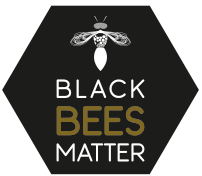THE IMPORTANCE OF BEES IN THE GREEN PERSPECTIVE
In this ‘green’ perspective of environmental protection, the bee is an important representative of nature. The role of bees in our ecosystem is fundamental for food production and for the environment. Insects – in particular pollinators – play a crucial role on the Planet, for the protection of biodiversity, as well as agriculture. They are an integral part of our food system, as they pollinate cultivated plants which end up as food on our tables.
Pollination is one of the most important ecosystem services provided by nature, both for human well-being and the economy. Let us look at some bee facts and figures, in terms of their industrious work:
Read More






